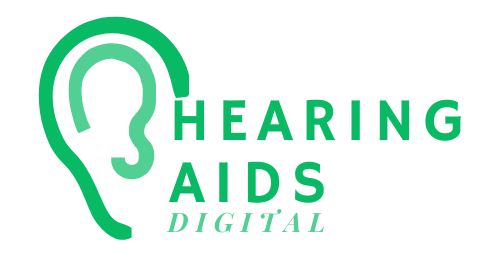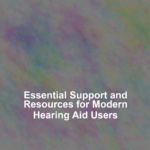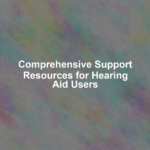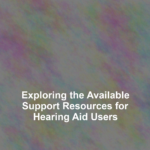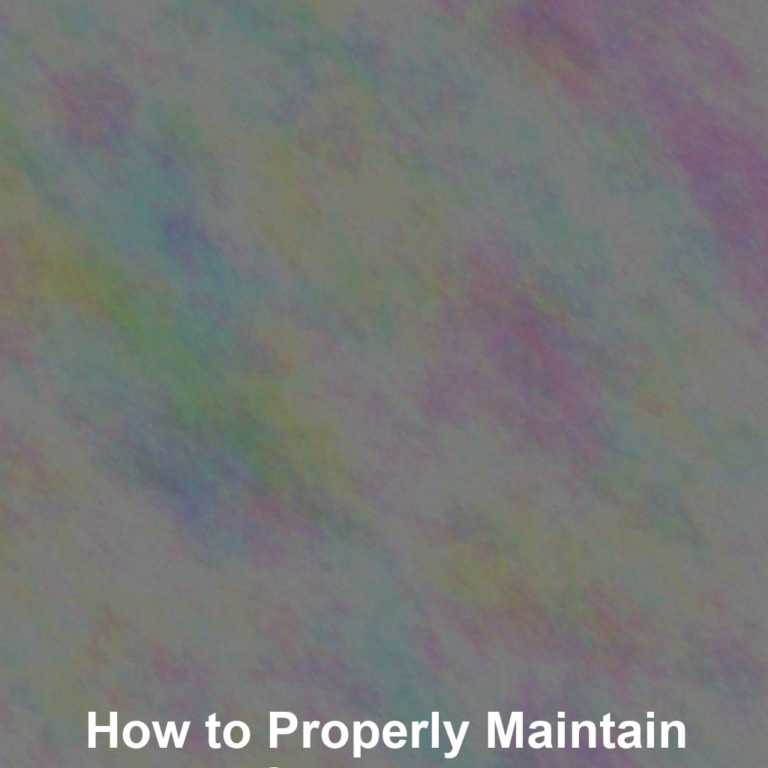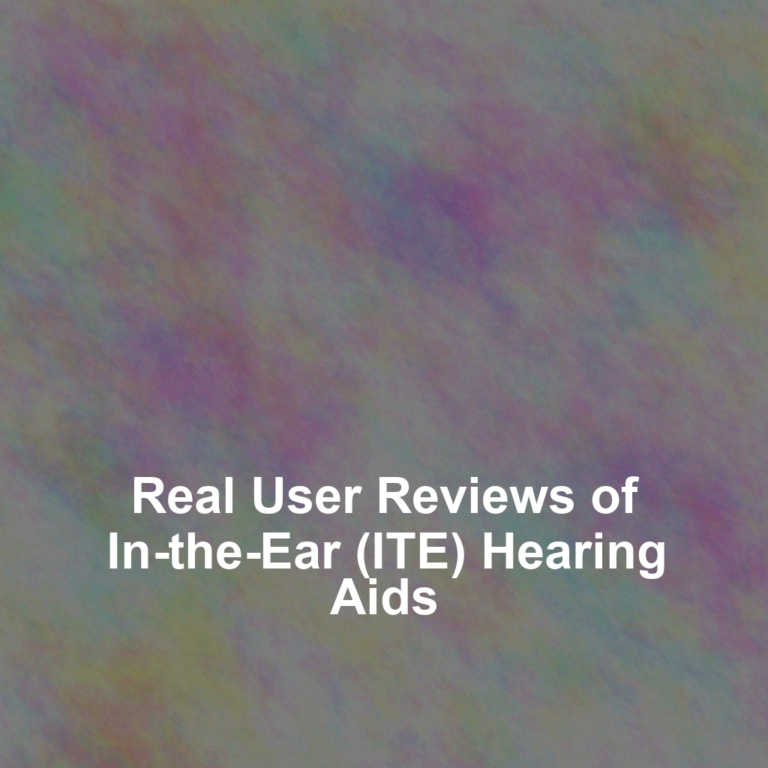Imagine youG??ve just invested in your first pair of hearing aids, and the world of sounds is blossoming before you. YouG??re now tasked with not only adapting to this new auditory landscape but also with maintaining and optimizing your hearing aids to ensure they deliver the best possible performance.
As a hearing aid user, youG??re entitled to a suite of essential support resources designed to navigate the challenges and maximize the benefits of your new devices. From professional audiology services that tailor your hearing aids to your specific needs, to online communities where you can share experiences and tips with fellow users, these resources are invaluable.
YouG??ll find that local support and advocacy groups can offer a personal touch, while maintenance and troubleshooting guidance ensures your hearing aids remain in top condition. To ensure youG??re fully equipped to handle the nuances of life with hearing aids, letG??s explore the essential support systems that can make all the difference.
Understanding Hearing Aid Functionality
To maximize the benefits of your hearing aids, itG??s crucial to grasp how they work and the features they offer. At their core, hearing aids amplify sound, making it easier for you to hear. But theyG??re more sophisticated than mere volume boosters; theyG??re designed to enhance speech clarity and reduce background noise.
Your device likely comes with various settings tailored to different environments. YouG??ve got the restaurant mode to cut down on clatter, outdoor settings to minimize wind, and perhaps a music program to enrich sound quality. ItG??s essential to familiarize yourself with these to switch effectively as your surroundings change.
Moreover, modern hearing aids boast connectivity features. You can often stream audio directly from your smartphone or TV into your device. IsnG??t it convenient to take calls or listen to music without additional headphones? But remember, to benefit from these perks, youG??ll need to understand how to pair your devices and manage the connections.
Lastly, maintenance is key. Cleaning your hearing aids and changing batteries or charging them regularly ensures they perform optimally. DonG??t overlook the importance of routine care G?? itG??ll save you from unexpected hitches and keep your hearing aids in top shape.
Professional Audiology Services
Leveraging professional audiology services can significantly enhance your hearing aid experience, ensuring your device is perfectly tuned to your needs. When you first suspect a hearing loss, an audiologist is your go-to expert. TheyG??ll assess your hearing with precision and recommend a device that fits your lifestyle and hearing profile.
Once youG??ve got your hearing aid, donG??t think your relationship with the audiologist ends there. TheyG??re crucial for regular check-ups. Just like any high-tech tool, hearing aids require fine-tuning. Your audiologist will adjust settings and provide maintenance advice to keep your device in top shape.
YouG??ll also learn to navigate different listening environments. Maybe youG??re struggling in noisy settings or during conversations. Your audiologist can tweak your hearing aidG??s programs to cope better with these situations. And if youG??re having any comfort issues, theyG??ll ensure a proper fit to prevent discomfort.
Online Communities and Forums
Online communities and forums offer a wealth of shared experiences and advice for hearing aid users seeking peer support. YouG??re not alone in navigating the world of hearing enhancement, and tapping into the knowledge of others can be incredibly reassuring. On platforms like Hearing Aid Forums or the subreddit r/HearingAids, you can connect with individuals who truly understand your challenges and triumphs.
YouG??ll find topics ranging from technical troubleshooting to personal stories of triumph over hearing loss. You can ask questions about different brands, read reviews on the latest models, and get tips on maintenance and cleaning. ItG??s also a space to vent about your frustrations or celebrate small victories that only other hearing aid users might appreciate.
Moreover, these online spaces can keep you informed about new technologies and advancements in hearing aids. You might come across discussions about cutting-edge features or changes in hearing healthcare policies that could affect your choices and lifestyle. DonG??t underestimate the value of staying connected; it could lead to better satisfaction with your hearing aids and a deeper understanding of how to optimize their performance in your daily life.
Local Support and Advocacy Groups
While online communities offer virtual camaraderie, local support and advocacy groups provide a more personal touch, allowing you to connect face-to-face with fellow hearing aid users and advocates in your community. These groups can be invaluable in sharing experiences, offering practical advice, and providing emotional support.
Here are three benefits youG??ll likely enjoy by joining a local support group:
-
Personal Connections: YouG??ll meet others who understand exactly what youG??re going through. These connections can lead to friendships that go beyond the topic of hearing loss, enriching your social life and support network.
-
Knowledge Sharing: Local groups often host guest speakers, including audiologists, product representatives, and hearing aid specialists, who provide the latest information on hearing technologies and coping strategies.
-
Advocacy Opportunities: Being part of a group gives you a stronger voice in advocating for the needs of the hearing-impaired community. Whether itG??s pushing for better accessibility or captioning services, thereG??s power in numbers.
To find a group near you, check with local health organizations, search online directories, or ask your hearing care provider. DonG??t hesitate to take this step; itG??s a move toward a more connected and empowered life as a hearing aid user.
Maintenance and Troubleshooting Tips
Proper care and timely troubleshooting can significantly extend the life of your hearing aids and improve their performance. Make it a habit to clean them daily with a soft, dry cloth. Check for earwax buildup, which can muffle sound, and gently remove it with a cleaning tool.
If youG??re experiencing issues, first check the battery. Ensure itG??s properly inserted and isnG??t drained. If your hearing aid isnG??t working at all, try replacing the battery. Remember, moisture is the enemy; if your device has gotten wet, open the battery compartment and let it dry overnight.
Sometimes, feedback or whistling occurs when the hearing aid doesnG??t fit well. If youG??ve lost or gained weight, you might need a new earmold. DonG??t hesitate to contact your audiologist for adjustments.
For persistent problems, consult your user manual; itG??s your go-to for troubleshooting tips specific to your model. If the issue isnG??t resolved, reach out to your hearing aid provider or a local support group for help. TheyG??re there to ensure youG??re not missing out on the sounds of life. Remember, regular maintenance and knowing how to address common issues can keep you connected to your world.
Conclusion
YouG??re not alone in navigating the world with hearing aids. Embrace the wealth of resources available to you. Connect with audiologists for personalized care, tap into online forums for shared experiences, and join local advocacy groups to find a supportive community.
Remember, regular maintenance and knowing troubleshooting tips will keep your hearing aids in top shape. Lean on these supports to enhance your hearing journey and ensure your hearing aids are a seamless part of your daily life.
